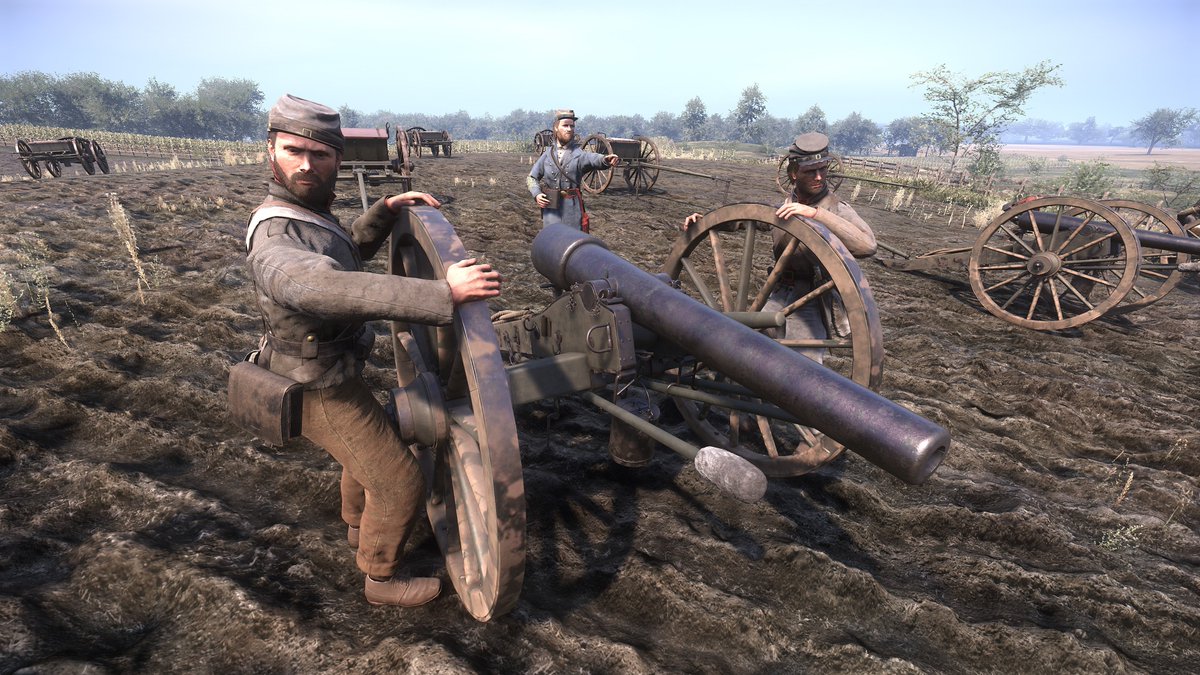
States’ Rights refers To the struggle between the federal government and individual states over political power. Besides denying citizenship for African-Americans, it also overturned the Missouri Compromise of 1820, which had restricted slavery in certain U.S. The famous Dred Scott Decision in 1857 denied his request stating that no person with African blood could become a U.S. A steady flow of immigrants, especially from Ireland and Germany during the potato famine of the 1840s and 1850s, insured the North a ready pool of laborers, many of whom could be hired at low wages, diminishing the need to cling to the institution of slavery.ĭred Scott was a slave who sought citizenship through the American legal system, and whose case eventually ended up in the Supreme Court. The states of the North, meanwhile, one by one had gradually abolished slavery. Ownership of more than a handful of slaves bestowed respect and contributed to social position, and slaves, as the property of individuals and businesses, represented the largest portion of the region’s personal and corporate wealth, as cotton and land prices declined and the price of slaves soared. Slaves could be rented or traded or sold to pay debts. Slavery was interwoven into the Southern economy even though only a relatively small portion of the population actually owned slaves.

On the eve of the Civil War, some 4 million Africans and their descendants toiled as slave laborers in the South. The agrarian South utilized slaves to tend its large plantations and perform other duties. That dispute led to secession, and secession brought about a war in which the Northern and Western states and territories fought to preserve the Union, and the South fought to establish Southern independence as a new confederation of states under its own constitution.


The burning issue that led to the disruption of the union was the debate over the future of slavery. All of this led to disagreements on issues such as taxes, tariffs and internal improvements as well as states rights versus federal rights. Different social cultures and political beliefs developed. The South remained a predominantly agrarian economy while the North became more and more industrialized. The Northern and Southern sections of the United States developed along different lines. Abraham Lincoln’s Election Civil War Causes ArticlesĮxplore articles from the History Net archives about Civil War Causes


 0 kommentar(er)
0 kommentar(er)
